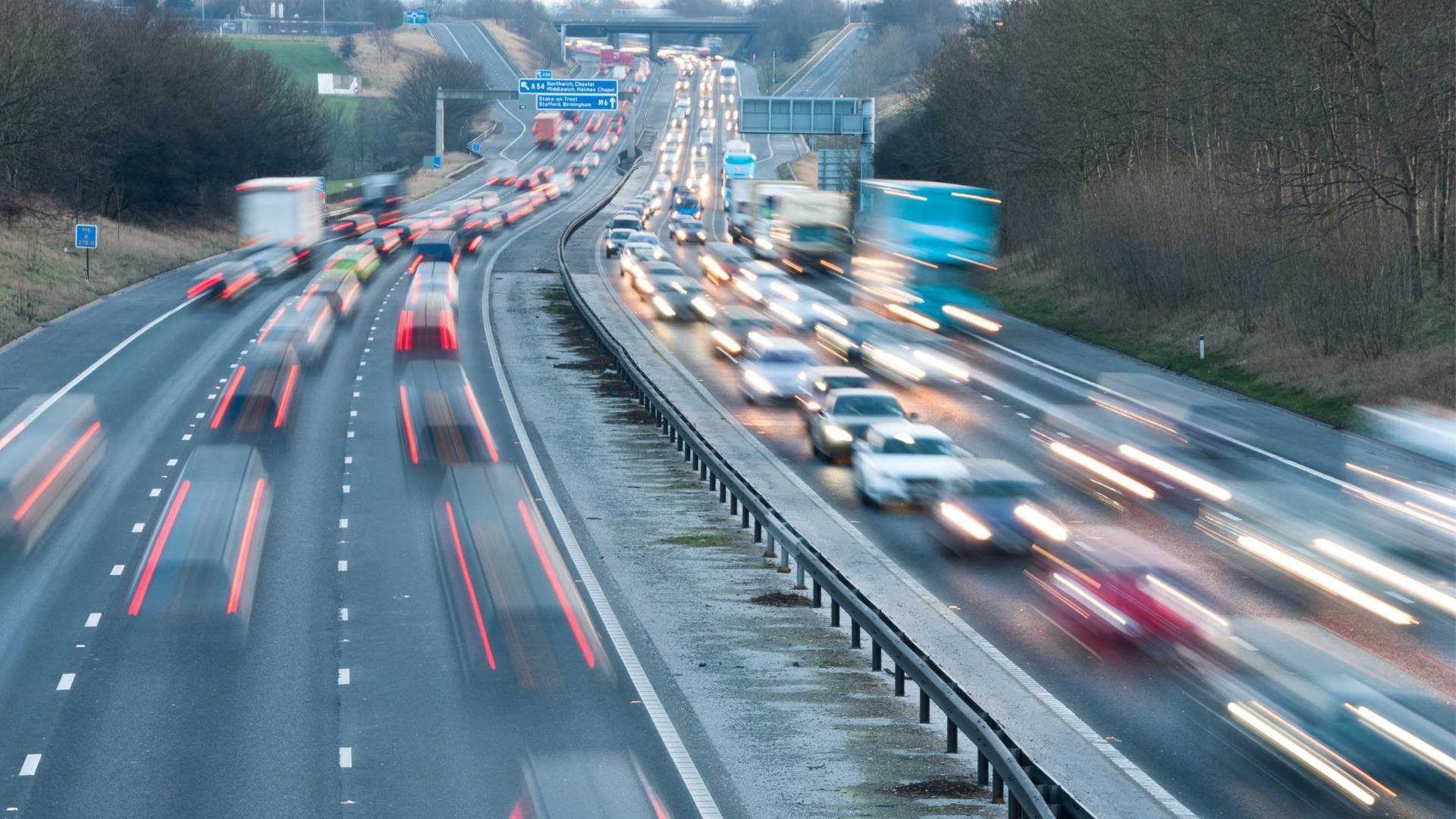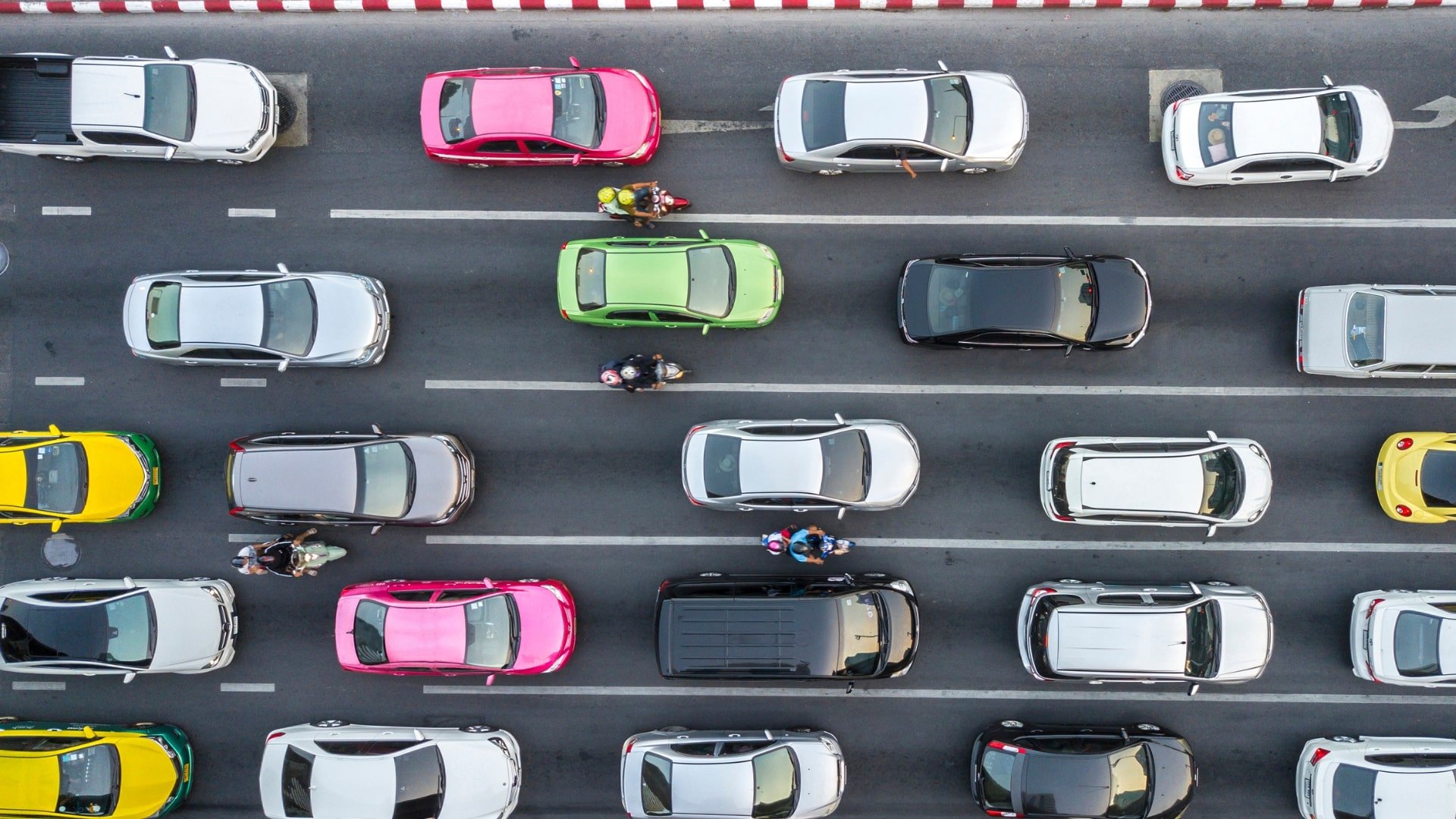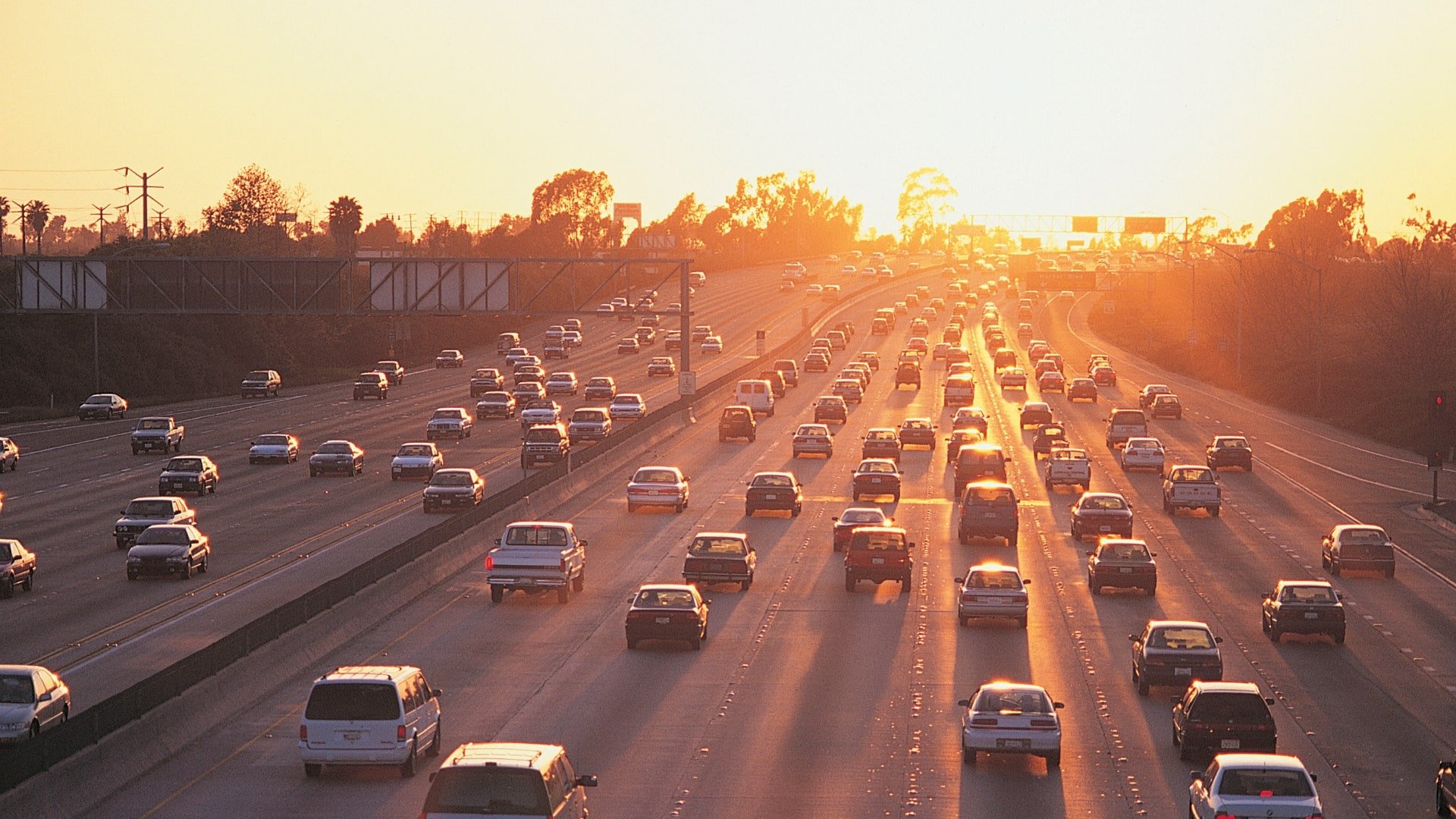
BPM Exemption in the Netherlands: Everything You Need to Know
When you buy a new car, motorcycle, or van in the Netherlands, you pay BPM, which stands for 'Belasting van Personenauto's en Motorrijwielen' (Vehicle Tax). In some cases, you can apply for an exemption, such as when moving to the Netherlands with your vehicle. In certain situations, you might not have to pay BPM at all, for example, if you're an entrepreneur purchasing a van. However, this will change in 2025. Read everything you need to know about BPM exemption in the Netherlands here.
What is BPM Exemption in the Netherlands?
BPM stands for 'Belasting van Personenauto's en Motorrijwielen'. When you buy a new car, motorcycle, or van in the Netherlands, you pay this purchase tax once. The amount is determined by the amount of CO₂ your vehicle emits.
BPM exemption means you do not have to pay BPM. This can occur, for example, if you move to the Netherlands and bring your vehicle, move abroad, or are temporarily in the Netherlands. Also, if you have a vehicle with 0 grams of CO₂ emissions per kilometer or a vehicle that is 25 years or older, you do not have to pay BPM.

BPM Exemption by Vehicle Type
A (delivery) car, electric car, or camper: the rules regarding BPM differ for each vehicle.
BPM Exemption for Cars
Are you buying a passenger car, motorcycle, or van in the Netherlands? Or importing one? Then you pay BPM. In some cases, you can apply for a BPM exemption for your car. You do not have to pay BPM when purchasing a car. Under apply for BPM exemption you can read when you are eligible.
BPM Exemption for Vans
Since 2007, entrepreneurs do not pay BPM when buying a van. However, you must use the van for more than 10% of the total kilometers driven in a year for your business. Additionally, the van must be designed for transporting goods, meaning it should not have seats in the cargo area.
BPM Exemption for Electric Cars
When purchasing an electric car, you do not pay BPM because your vehicle emits 0 grams of CO₂ per kilometer. Note: you still need to file a BPM declaration.
BPM Exemption for Foreign License Plates
Do you have a vehicle with a foreign license plate? Then you do not have to pay BPM, provided you use the vehicle in the Netherlands for a maximum of two consecutive weeks. Under apply for BPM exemption you can read more about this.
BPM Exemption for Campers
For a camper, the rules are slightly different. You pay BPM based on a percentage of the net catalog price and the type of engine. The net catalog price is the consumer price excluding BPM and VAT. You pay 37.7% of this price as BPM. If you have a camper with a diesel engine, there is an additional surcharge of €273. If you have a camper without a diesel engine, you can deduct €1,283 from the BPM.

Applying for BPM Exemption
In the following situations, you can apply for a BPM exemption through the Belastingdienst:
- BPM exemption for relocation:
- You are moving to the Netherlands from another EU country
- You are moving to the Netherlands from outside the EU
- You are moving abroad
- BPM exemption due to work:
- You live in the Netherlands and work for a company abroad
- You live in the Netherlands and are an employer of a company abroad
- Temporary BPM exemption:
- You are temporarily in the Netherlands
- BPM and MRB exemption for short-term use
- You use your vehicle in the Netherlands for a maximum of 2 consecutive weeks
- BPM exemption for inheritance:
- You inherit a vehicle from an EU country
- You inherit a vehicle from outside the EU
- BPM exemption for entrepreneurs:
- You are an entrepreneur and have a van. Note: this will change in 2025.
BPM Exemption for Vans Ends in 2025
Since 2007, entrepreneurs do not have to pay BPM when purchasing a van. However, this will change as of January 1, 2025. Then, this BPM exemption for vans will end. The BPM exemption will not apply to electric vans. The government aims to promote the sale of electric vans.





